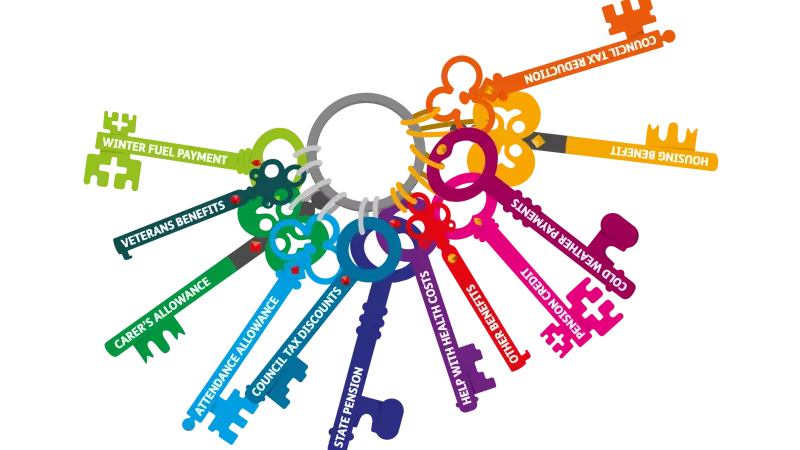Report highlights cost of remote rural living
Weak economies of scale, a lack of competition, limited access to hi-speed broadband and high fuel prices all contribute to people in remote rural communities paying over the odds for goods and services.
These are the findings contained in a report following a survey conducted by the Office of Fair Trading (OFT) and through local engagement discussions in remote communities across the UK in Shetland, Highland, Northumberland, County Tyrone, Gwynedd, Bridgend and Devon.
In February 2012 the OFT launched a call for evidence about price, choice and access to goods and services in remote markets across the UK in order to gain some insight into how remoteness affects choice and access.
The main issues emerging from this exercise were high prices in local shops, internet, delivery, road fuels and public transport, and the report concludes that weak economies of scale play a central role and in certain markets some businesses may not face much competition.
It also highlights the connections between market sectors and identifies a range of complimentary actions that can be taken by consumers, communities, businesses, government and the OFT.
The main issues raised in the call for evidence were:
Prices: particularly in local shops, perception that they are unjustifiably high because of monopoly position, concerns about lack of transparency.
Internet: unavailable or available at slow speeds only, lack of competition in terms of service provider, advertised speeds not available, poor mobile phone coverage.
Delivery: Concerns about excessive/unjustified charges, terms and conditions, slow delivery times, not delivering to the door, location not accurately described.
Road fuels: concerns about high fuel prices, about price differentials between locations, monopoly supply/lack of competition, lack of transparency in how prices being set and the general impact of fuel prices on all aspects of remote living.
Public transport services: lack of or infrequent services, expensive services, lack of competition.
The OFT report concludes that weak economies of scale play a central role, especially in retail, and that this is likely to have a more significant effect than distance. In certain key markets weak competition is a highly significant factor and some businesses enjoy a market position that is in effect a monopoly.
It also finds that the invigorating effect of the internet on choice, prices and quality is currently constrained by limitations of connections and take up and by issues with delivery and that competition in markets is often short lived, with uneven benefits in terms of winners and losers.
The work also highlights the fact that markets in remote locations are closely interconnected; changes in one market can rapidly affect the functioning of another, for better or worse; that these effects are often predictable, though difficult to measure accurately and that markets that are interdependent require joined-up solutions.
The report identified a range of actions that can be taken by individual consumers, communities, businesses, government and the OFT. For example:
Consumers: through knowing their rights, shopping around and being aware that where they shop may have local consequences.
Communities: through cooperating, can increase buying power; local ownership of businesses and community provision of services can be beneficial.
Businesses: through greater transparency about the costs of doing business in remote communities may give rise to new ideas about how supply may be organised to suppliers' and consumers' mutual benefit.
Government: through investment in infrastructure, procurement, promoting local enterprise and other direct interventions through subsidies and taxation.
The OFT: through investigation and enforcement of the law, providing advice and guidance and supporting the education of businesses and consumers on their obligations and rights.


